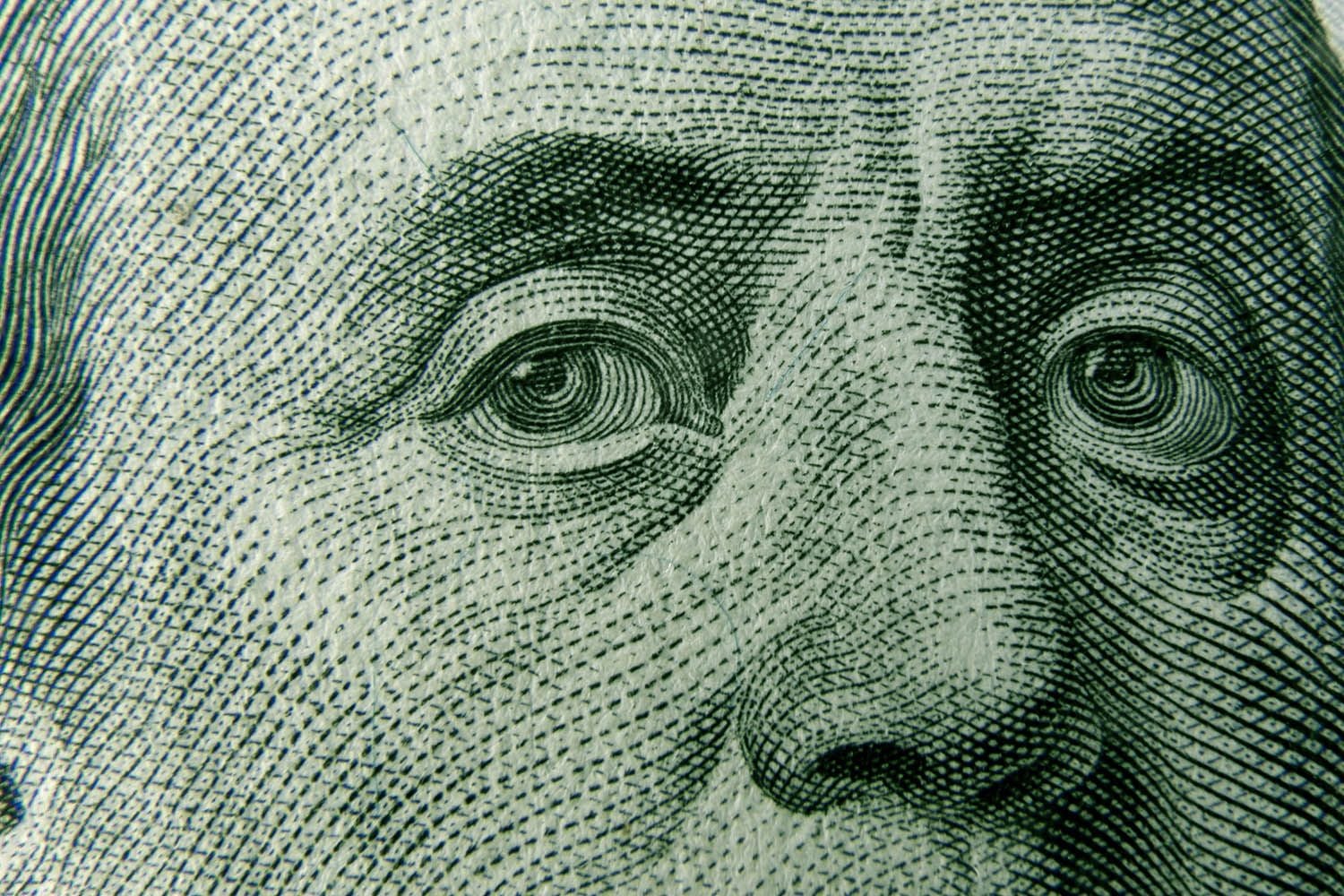
Image © Adobe Images
The Dollar has eased back from earlier highs after a measure of core inflation undershot expectations.
Volatility is high, and the Dollar is king, but there was some relief for battered markets on Friday after a key gauge of inflation undershot expectations.
GBP/USD rebounded to above 1.25, having hit a multi-month low in London trade, after the core PCE measure of inflation rose 0.1% month-on-month in November, which was half the 0.2% expected. EUR/USD is 0.35% higher on the day at 1.0395.
The year-on-year comparison was unchanged at 2.8% in November, whereas the market expected a rise to 2.9%.
The PCE measure is that used by the Federal Reserve when calibrating monetary policy; the implication being that an undershoot would encourage lower interest rates in the future.
In the wake of the release, bond yields eased, and the Dollar retreated as some of the heat came out of a market that has, since September, had to slash expectations for Fed rate cuts in 2025.
Nevertheless, "this won't provide much yield relief, given that a hastily-constructed funding bill was defeated in the U.S. House of Representatives last night, putting the government on course toward a holiday shutdown," says Karl Schamotta, analyst at Corpay.
The Dollar powered to new highs in the wake of news that Republican lawmakers shot down a previously agreed spending bill, raising the spectre of a government shutdown on the weekend.
"With all three sides (old-school Republicans, Trump Republicans, and Democrats) remaining far apart on the major issues, a deal looks distinctly improbable ahead of the deadline. A shutdown is likely to cost the American economy billions, add to the disruption already roiling fixed-income markets, and bolster flows into safe-haven Treasuries, along with the US dollar," says Schamotta.
Interestingly, Trump backed the final version of the bill, which brings us to the important subtext: Trump's presidency could be characterised by chaos and uncertainty when it comes to economic and foreign policy.
Uncertainty is bad for investor confidence, but it can prove supportive of the safe-haven USD.
The Dollar is in a win-win situation: when uncertainty is high, it rises; when uncertainty is low, it also rises because global investors apparently can't get enough of the U.S. stock market.
Gains for the Greenback also followed the Federal Reserve's midweek policy decision, where interest rates were cut, but policymakers said they saw only two more rate cuts in 2025.
This raised U.S. bond yields, which drew foreign capital into U.S. bonds and bolstered the Dollar.
The Fed staying higher for longer is, therefore, another boon to the Dollar bulls.
